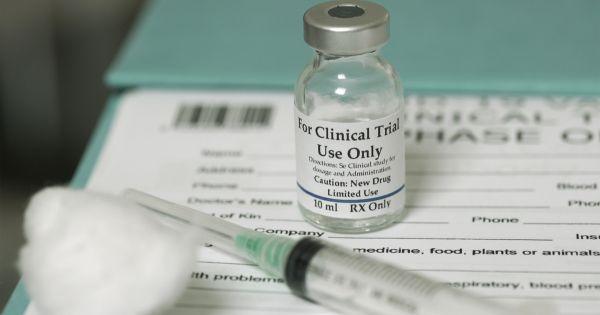
A patient undergoing treatment for their medical condition can feel at ease knowing the treatment passed a clinical trial to ensure its effectiveness and safety. Read below to learn what goes into clinical trials and studies to ensure your tests will be thorough.
The Scientists
The scientists and healthcare professionals who drive these investigations forward are at the heart of any clinical trial. These individuals possess specialized knowledge, integrity, and a steadfast commitment to advancing medicine. They work collaboratively across various disciplines, ensuring the research is scientifically sound and adheres to the highest ethical standards.
The Protocol
Something that guides the scientists through the clinical trial is its protocol, a comprehensive document that outlines the aim, methodology, statistical considerations, and governance of the study. This protocol serves as the trial’s blueprint, detailing the procedures for conducting the trial, including the test schedule and the study’s length. Protocols ensure that scientists conduct the trial consistently across sites, which is essential for the reliability of the data collected.
Volunteers
Volunteers comprise the backbones of clinical trials, offering their time and bodies in the name of science and medical progress. Participants might join a study for various reasons, including accessing new treatments, contributing to medical knowledge, or receiving additional care and attention from the trial’s medical team. It is very important to the ethics of your trial that you brief them on the potential risks and benefits before they agree to participate.
The Inclusion and Exclusion Criteria
The inclusion and exclusion criteria also go into clinical trials and studies. This criteria determines which volunteers can participate. Scientists usually base participation on factors such as age, the type and stage of a disease, and other medical conditions. This selective process is central to the trial’s validity, aiming to identify a population that’s most likely to benefit from the intervention while minimizing risks and maximizing the applicability of the study results.
The Medical Treatment
The medical treatment that the clinical trial and study will test—be it a novel drug, a medical device, or a procedure—is the last integral part. The development and testing of this intervention follow a phased approach, beginning with small, initial studies to evaluate safety, followed by larger trials to test efficacy and monitor side effects. Scientists meticulously design each phase to answer specific research questions, guiding the intervention’s development.
These elements show that clinical trials and studies require careful planning, ethical diligence, and volunteers willing to contribute to medical advancement. Radiolabeled compound suppliers like Moravek can further assist you in your trials as you pursue the next medical breakthrough. Clients can trust our products as you pursue new patient treatments.
